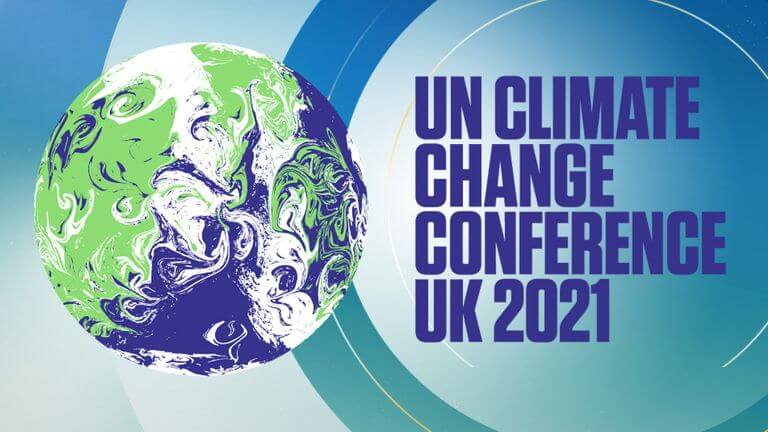Alex Rose-Innes
With COP26 in full swing in Glasgow, scientists across the globe are sharing research which would be discussed at the conference on how to possibly avert a climate catastrophe.
Among the 20 000 people from more than 190 countries around the world, is the revered Sir David Attenborough, who this year joined COP26 as a speaker. In his capacity as an environmental expert of more than 60 years, he highlighted the impacts of humanity’s disastrous footprint on the Earth and with the scientific community, called on governments to take this final opportunity to save the planet.
Greta Thumberg, well-known youth environmental activist had put it bluntly, stating that the time for talk is past and urgent action is now needed.

During the two-week event, governments and business leaders will present their latest commitments to cut greenhouse-gas emissions, while scientists discuss efforts to track emissions, understand impacts and advance potential climate solutions. Negotiations on financial aid for low-income countries would continue. Figures will show which had contributed the least to the climate crisis and how to prepare for its consequences and develop their economies without relying on fossil fuels.
Even wealthy countries have acknowledged that they still fall short of meeting commitments made more than a decade ago. Promises to provide US$100 billion annually to developing nations by 2020 are still in arrears.
BLURB:
Glasgow is the moment – Johan Rockström, climate scientist head of the Potsdam Institute for Climate Impact Research in Germany.

While highlighting the original treaty signed in 1992 by 100 nations, Rockström said it was not until 2015 that the rise in global temperatures was taken seriously enough. COP26 represents the first major test of the Paris agreement as small island states and developing nations are existentially threatened by rising seas and other climate impacts. But, scientific assessments showed from the outset that national commitments to curb greenhouse-gas emissions would fall short of that ambitious goal.
As part of the Paris accord, 196 governments had agreed to periodically assess their progress, both nationally and collectively and update their pledges. This was originally supposed to happen for the first time in 2020, but after a delay due to the COVID-19 pandemic, nations are poised to make their first updates in Glasgow. More than 100 countries have submitted new climate pledges so far.
According to Claire Stockwell, a climate-policy analyst with Climate Analytics, a non-profit organisation in Germany, action is not happening fast enough. Carbon dioxide concentrations in the atmosphere continue to rise at a pace scientists predict would have dangerous consequences for the planet.







